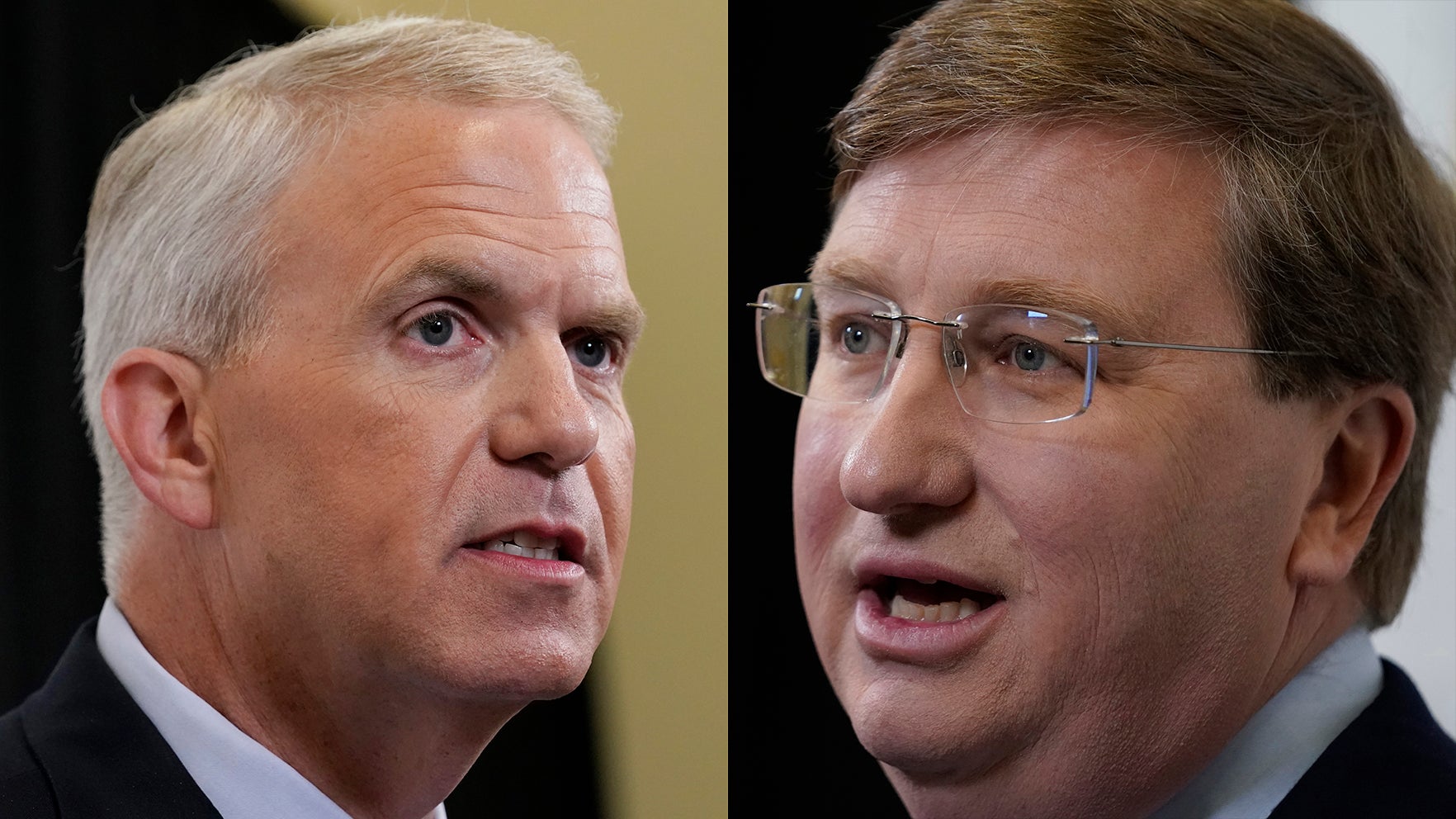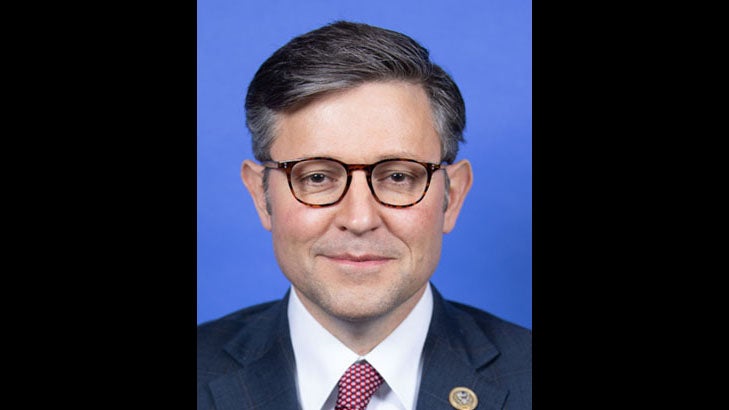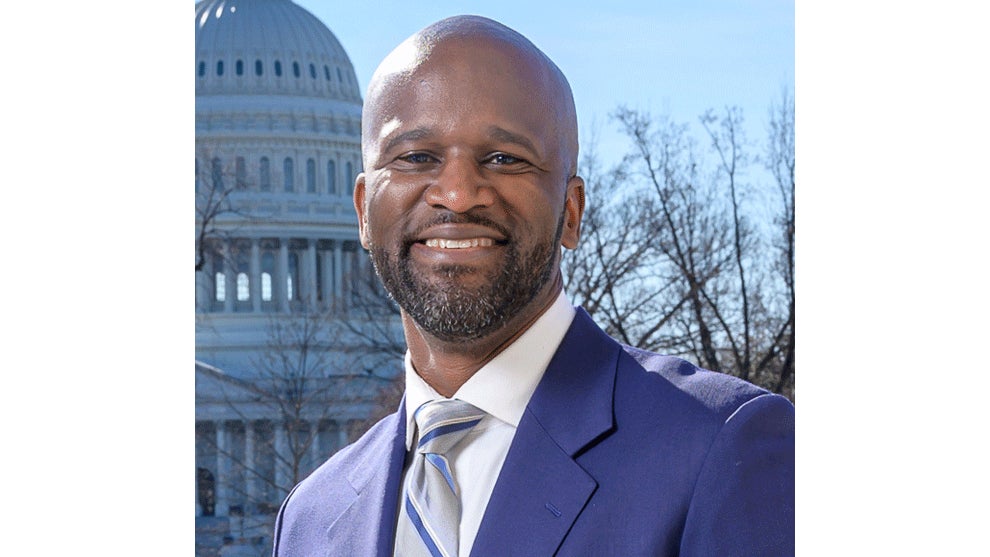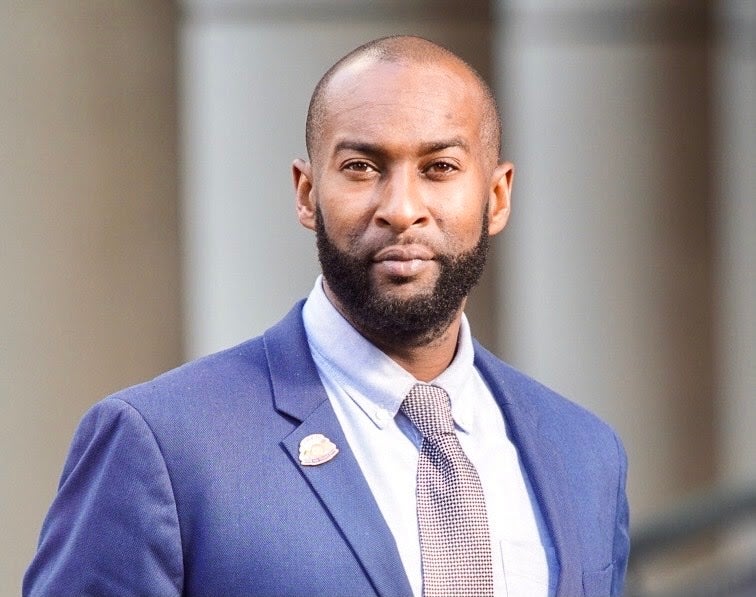Bridge crisis: Statewide closures ‘could very well double’ by 2019
Published 12:00 pm Wednesday, May 23, 2018
By Mississippi Today
JACKSON — The bridge crisis in Mississippi could worsen as more than half the timber bridges across the state have still yet to be inspected under new federal guidelines.
In 2016, the Federal Highway Administration forced an extensive round of bridge inspections in Mississippi after concluding the state’s timber bridges had not been properly inspected by county officials. The federal agency then ordered the re-inspection of the bridges over the course of 2018 and 2019.
That federally mandated re-inspection has led to the majority of the closures over the past year. The most recent data from the Office of State Aid Road Construction shows that 526 locally owned bridges are closed around the state, and a vast majority of those are timber bridges that have been closed over the past year.
In the current fiscal year, consultants inspected approximately 1,533 bridges with timber substructures, according to figures provided by Office of State Aid Road Construction. The consultants recommended closing 409 of those bridges, or 29 percent of those already inspected.
But the consultants still have to inspect more than half of the state’s entire inventory of locally-owned timber structures. Between October 2018 and February 2019, the consultants will inspect another approximately 1,650 timber bridges under the federal mandate.
“By this time next year, that closed number could very well have doubled or more,” Derrick Surrette, executive director of the Mississippi Association of Supervisors, told Mississippi Today in an interview earlier this month. “It’s not getting any better.”
Gov. Phil Bryant in April issued an unprecedented emergency declaration, forcing nearly 100 bridges across the state to close to meet the federal mandate.
Many of city and county level officials across the state are searching their own budgets for extra funds to repair and reopen the closed bridges. In many cases, those funds don’t exist. Some are mulling whether to borrow money or raise taxes at the local level.
Legislative leaders, meanwhile, are considering sending additional state funds to local governments. But that very notion has been at the center of intense debate the past few weeks.
At the end of the 2018 legislative session – before most of the current bridge closings –House Speaker Philip Gunn and Lt. Gov. Tate Reeves publicly sparred over how much state money the Legislature should share with local governments for the bridges that the local governments own.
Gunn has been in favor of sending local governments additional funding with no strings attached, while Reeves has wanted cities and counties to match any state dollars they receive with newly spent dollars of their own.
“There is a real concern among senators whose areas spent state and local tax dollars efficiently repairing bridges and did not wind up on the closure list,” said Laura Hipp, spokeswoman for Reeves, signaling Reeves’ apprehension to share state money.
Since the session ended, Gunn has called for a tax swap that involves phasing out the 4 percent income tax bracket over four years, which generates about $160 million in revenue, and increasing the fuel tax 2 cents each year for four years. At the end of the phase in period, the current gas tax of 18.4 cents per gallon would increase 8 cents.
Reeves, on the other hand, has vehemently opposed efforts to raise the gas tax.
Some supervisors in poorer, less populated counties across the state are banking for now on state or federal funding.
Washington County Supervisor Jesse Amos, who also owns a trucking company, said county officials don’t know how they’ll find money to repair all the closed bridges and continue maintaining the aging ones.
“Right now, we’re talking about what we can do – selling some bonds or raising taxes or whatever,” said Amos. “To be honest with you, we’re going to have to wait and hope the Legislature or the feds can come up with some money. Otherwise, we can’t keep up.”
Meanwhile, supervisors in five Mississippi counties have told Mississippi Today in recent weeks that many of their bridges, though ordered closed by the outside consultants, are indeed safe.
“The county engineer has put his stamp of approval that the bridge could stay open, and you’ve got another engineer that says close it,” Surrette said. “They’ve got the same type of degree and background and professional experience. I don’t know who’s right and wrong. But I know one thing: You’ve got engineers saying different things.”
Officials in Smith and Jasper counties took the matter into their own hands, filing a lawsuit against Gov. Bryant in early May, claiming the governor’s proclamation exceeds the powers he is granted under the emergency management law. The state departments of Transportation and Public Safety and Mississippi Emergency Management Agency are also named as defendants.
In response, the governor cast blame on the county supervisors for not properly maintaining the bridges in the first place and said he is just following the recommendations of the independent inspection consultants who are helping the state comply with the federal mandate.
“I refuse to sit idly by and risk loss of life,” Bryant said in a statement. “Had counties done their job, I would not have had to exercise my authority, which will protect the very people who elected these supervisors.”





